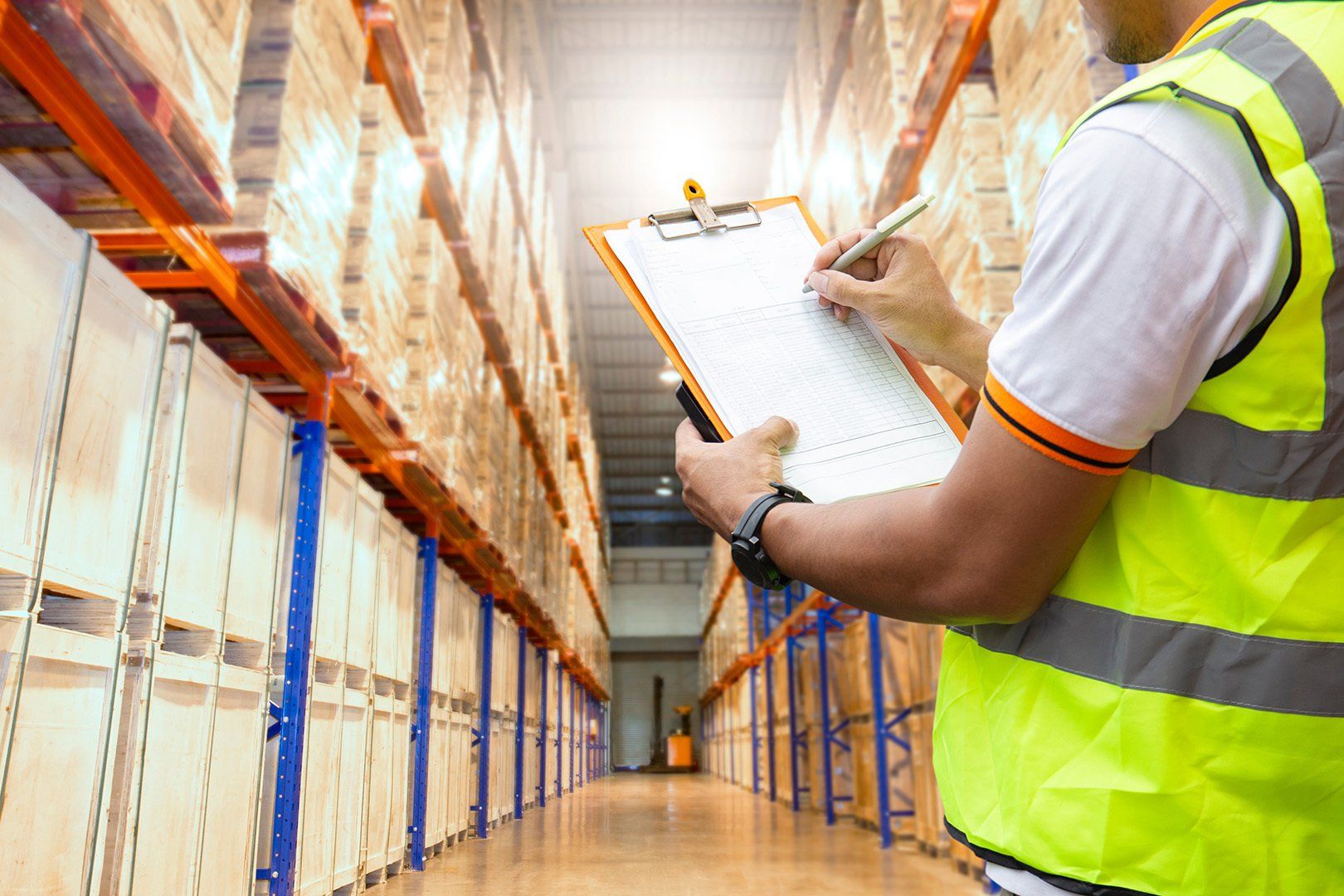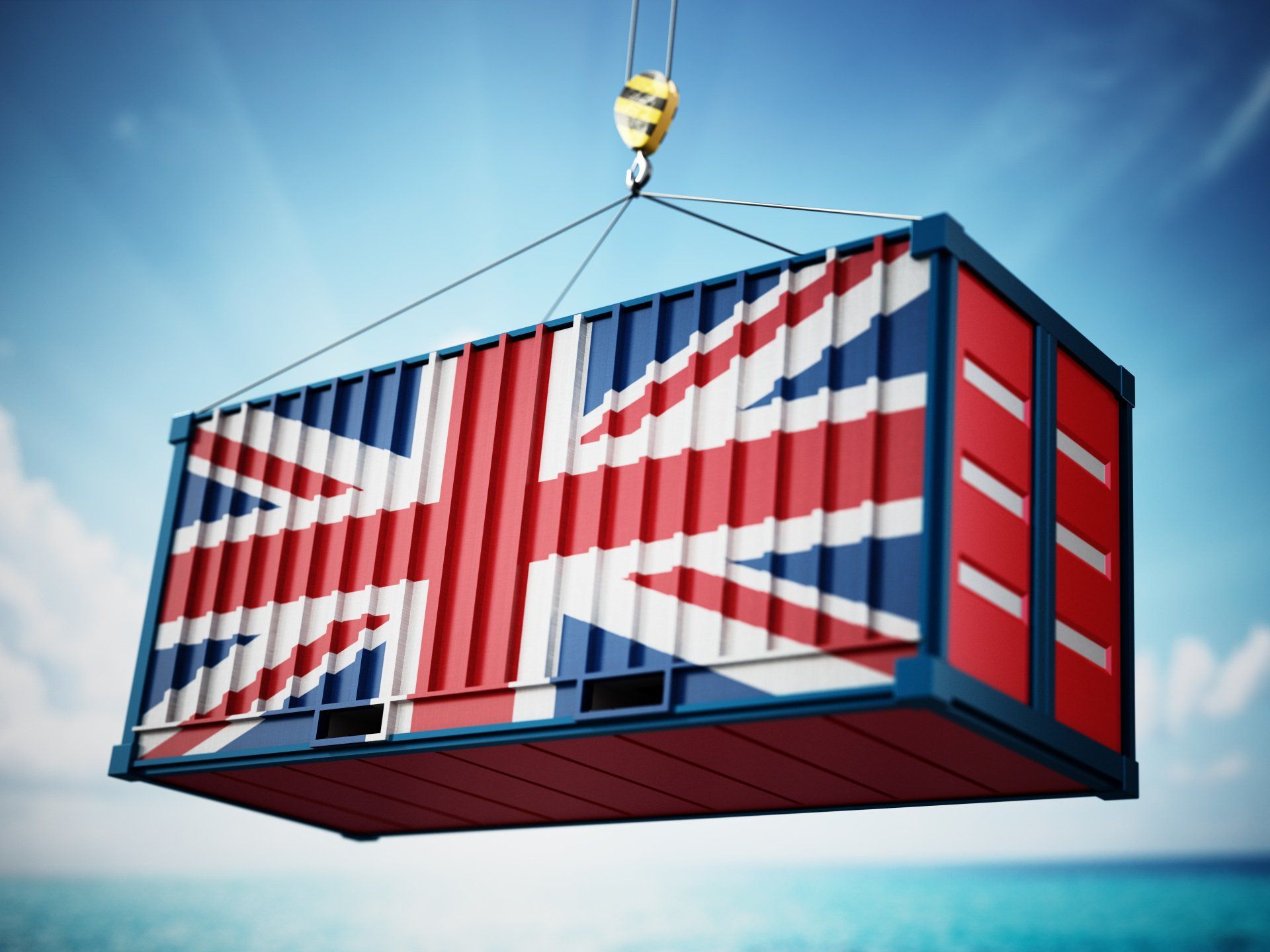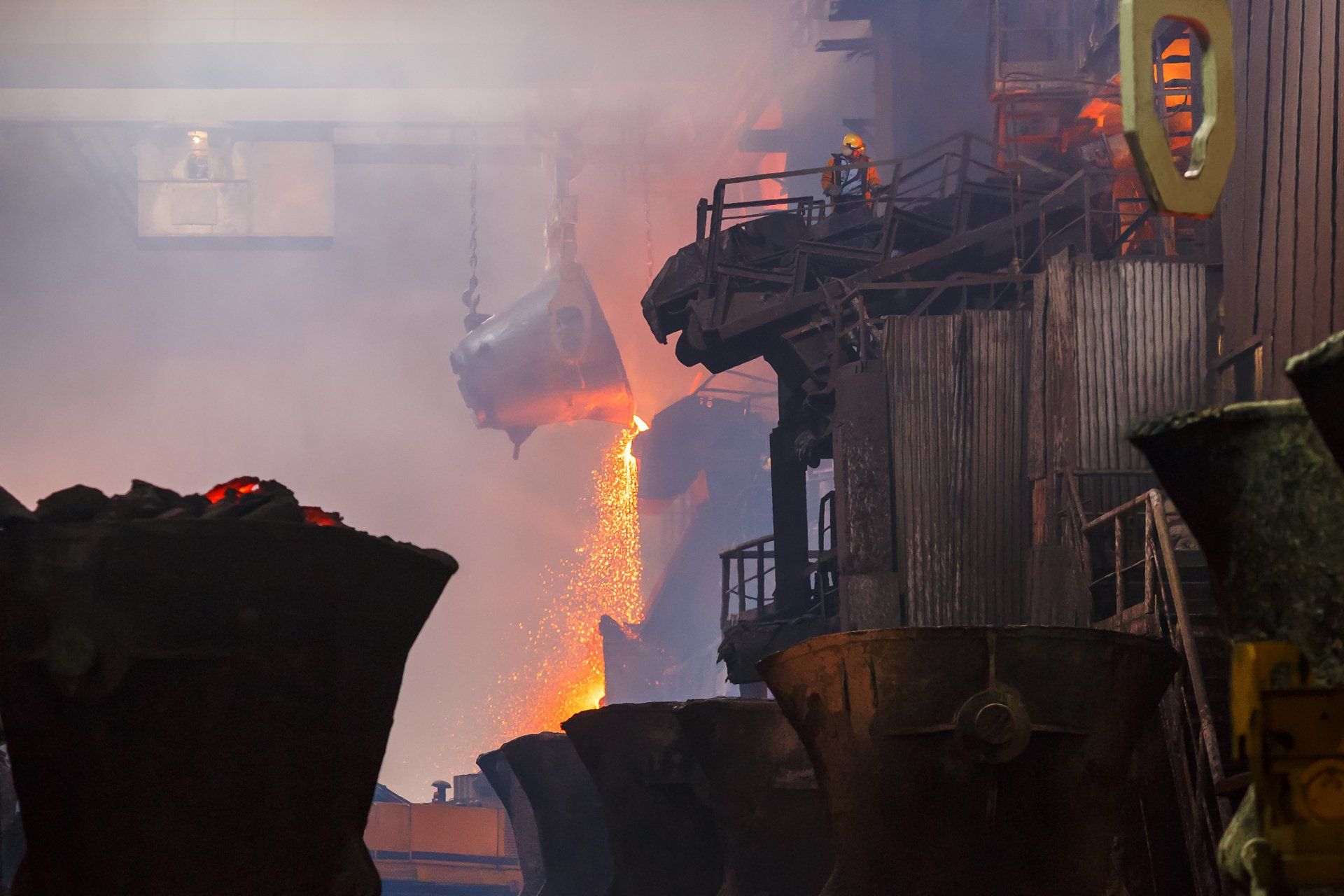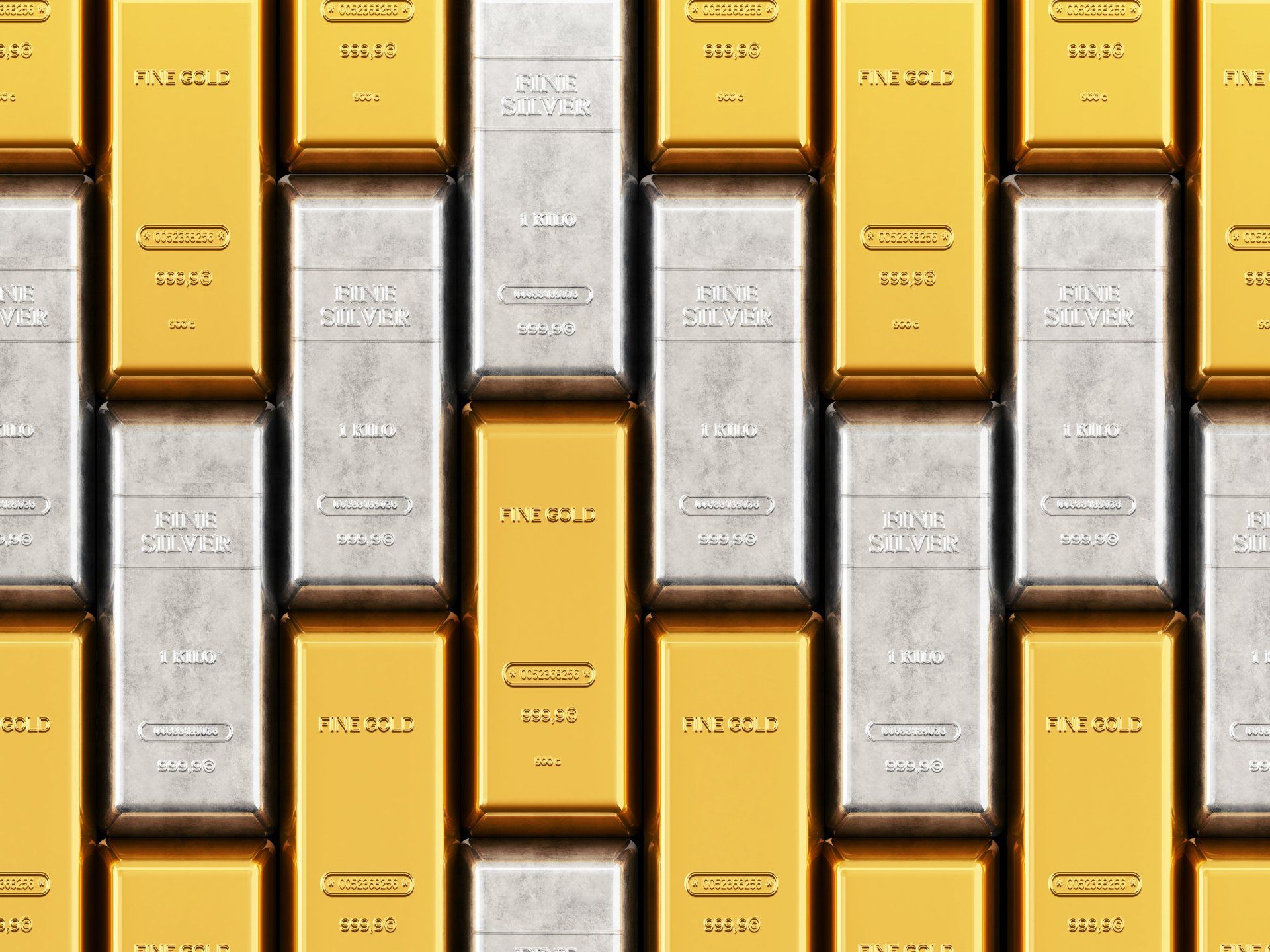Contact Us
020 3350 1471
GLOBAL
PACIFIC SERVICES
Are Steel Import Tariffs Being Extended?
Tariffs on steel imports that were due to expire will be retained for a further two years, the government said.
International Trade Secretary Anne-Marie Trevelyan said the plans departed from the UK's "international legal obligations" but was in the "national interest" to protect steel makers. She added the decision was made due to the "global disruptions" to energy markets and supply chains.
It's no secret that British steel producers are under pressure from soaring energy prices. Yet, steelmaking is still a key industry for some parts of the UK, employing around 34,000 people and turns over around £2bn annually. Without controls, the government has warned the supply of steel into the UK could rise substantially, harming local manufacturers.
UK Steel previously said ending the import controls could cause as much as £150m a year in damage. Prime Minister Boris Johnson said keeping the import controls on foreign steel would protect metal manufacturers. But there were concerns such a decision could breach international law as the question of extending tariffs on steel imports is seen as potentially breaking World Trade Organization (WTO) commitments.
Ms Trevelyan said the decision "departs from our international legal obligations" of a WTO agreement. "However, from time to time, issues may arise where the national interest requires action to be taken," she added.
The limits on steel imports were introduced by the European Union (EU) back in 2018, in response to tariffs imposed by the Trump administration. The controls were mirrored by the UK after Brexit. The restrictions, which add a tax to steel imports once a certain quota has been reached, are known as "steel safeguards" because they are designed to protect the domestic market from surges of cheap steel from overseas. Mr Johnson said: "We need British steel to be provided with much cheaper energy."
The controls are currently in place for 15 categories of steel. While controls protecting 10 of those categories have already been extended to 2024, import limits on five categories were set to expire on the 30th of June, before the government extended them for two years.
Steelmaking accounts for just 0.1% of the UK economy - but the material being used in crucial sectors, from defence to transport, means that it's considered an important industry to protect from cheaper imports. That's why the EU applied tariffs to some types of foreign steel, primarily on steel from China, in 2018, when the UK was a member.
Now the UK has chosen to roll over many of those controls. The move, which has been expected for some months, was reported as one reason for the resignation of the Prime Minister's ethics adviser Lord Geidt - but he later dismissed the issue as a "distraction".
The Trade Secretary Anne Marie Trevelyan admits this extension could be at odds with World Trade Organization rules - but claims it reflects exceptionally challenging times for the industry, especially in a time when energy costs are so high.
With the EU and US also retaining similar tariffs, it underlines the tough choices between removing trade barriers, and protecting national businesses.
Alasdair McDiarmid, operations director of the steelworkers' union Community, welcomed the extension saying it was "extremely important". "Government made the right call because giving up our safeguards, when the EU and US are maintaining theirs, would leave us exposed to import surges threatening thousands of jobs," he said.
The largest British trade body representing the industry, UK Steel, said the measures were "absolutely vital to the long-term health of the steel industry in the UK". "Deficient or absent safeguards measures risk trade diversion away from shielded markets elsewhere, resulting in surges of imports into the UK," said Richard Warren, the head of policy and external affairs at UK Steel.
Nick Thomas-Symonds, Labour's shadow international trade secretary, states: "The extension of safeguards will come as a welcome relief to the steel sector. "It is not anti-competitive to provide a level playing field for our steel industry," he said. "I also support the decision to exclude Ukrainian steel." But some criticised the move, saying it would stifle the supply of much-needed steel not produced in the UK.
Despite being a "step in the right direction," the Confederation of British Metalworkers boss Steve Morley said, the tariffs raise the "very real prospect of lost orders and production being moved away from the UK."
"British steel mills have not been able to supply the... materials our members need to support critical domestic and export supply chains, nor are they likely to be able to do so in the near future," he said.

Easily contact us on
All Rights Reserved | Global Pacific Services













